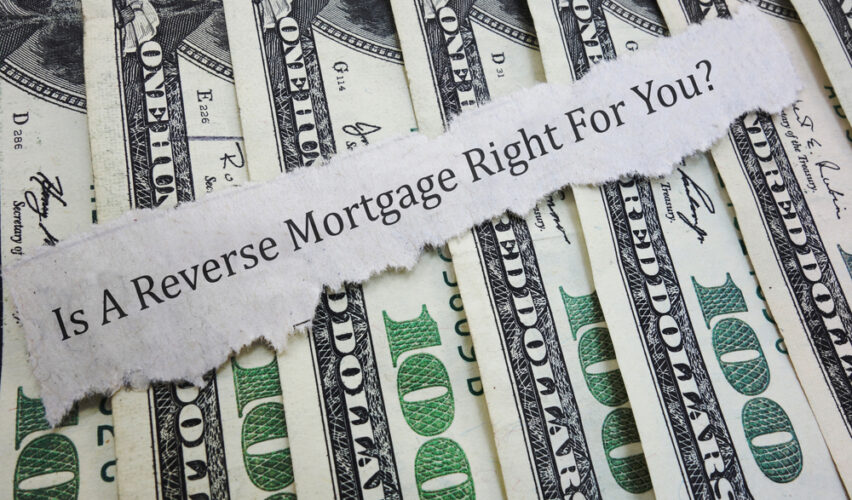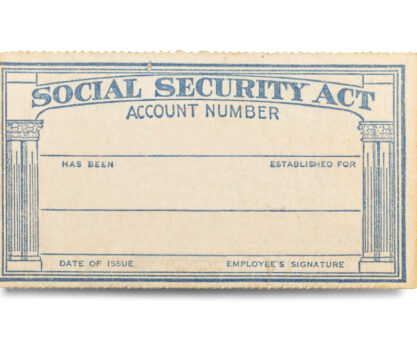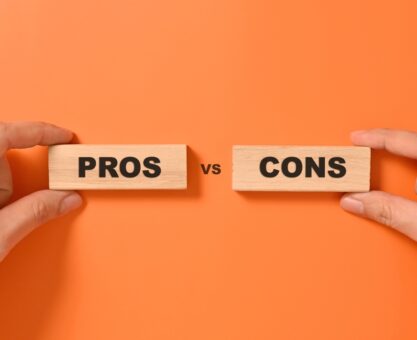You’ve seen TV ads for Reverse Mortgages — government-insured loans that allow seniors to cash in on their home’s equity. Also known as Home Equity Conversion Mortgages their numbers have been on the rise in recent years. However, it’s important to understand exactly how they work before you jump in.
The Basics
Proceeds from a reverse mortgage are tax-free and you can receive this money in monthly payments, a lump sum, or through a line of credit. The amount depends on your age, the value of your home, current interest rates, loan servicing costs, and other loan fees. Keep in mind, that the amount you owe on a reverse mortgage increases every month, the younger you are when you get one, the more compound interest grows.
“The home must be your primary residence and meet FHA-approved standards.”
The Requirements
Before you can get a reverse mortgage you need to meet the requirements. You must be aged 62 or older and own your home free and clear or have at least 50% equity. The home must be your primary residence and meet FHA-approved standards. You’re also required to continue paying property taxes and homeowners’ insurance. And there’s one more requirement – you must complete a mandatory, HUD-approved loan counseling session. This assures you understand all the requirements and terms.
The Pros
- You can age in place and stay close to friends and family when you retire.
- The proceeds you receive from a reverse mortgage are a source of tax-free income.
- Since a reverse mortgage is “non-recourse” financing, you’re protected if the balance exceeds the home’s value.
The Cons
- Upfront loan fees can be high and include an origination fee (capped at $6,000), closing costs, and a monthly servicing fee.
- If you fail to pay the mortgage insurance premiums, property taxes, and HOA fees, you’ll be in violation of the contract and you may go into foreclosure.
- You can’t deduct the interest on a Reverse Mortgage when you file your income taxes.
What Happens When You Pass Away?
When you pass away, your heirs can sell the home to repay the debt – either the full loan balance or 95% of the home’s appraised value, whichever is less. If the debt exceeds the property’s value, or if your heirs simply don’t want the house, they can have the lender assume the property title and then file a claim with the insurer.
Before making a final decision, consider some of the alternatives to a reverse mortgage: a home equity loan, home equity lines of credit, or a cash-out refinance. To learn more, meet with an FRC® trained advisor.
























